There seems to be a push to bring the Horizon franchise into other industries, mediums, and genres, as evidenced by the likes of LEGO Horizon Adventures and Horizon: Call of the Mountain. It’s not clear exactly how far Sony and Guerilla Games are willing to go with this sort of diversification, nor whether similar plans are in the works for other IP, but if they are, then there may be an obvious candidate.
God of War has morphed into something quite different from its early days on the PlayStation 2. While the franchise always prioritized emotional, epic, and high-stakes storytelling, the mode and method of this narrative approach was wildly subverted with 2018’s God of War, which saw Kratos paired with an entirely new cast of characters. The 2018 release is widely considered to be something of a soft reboot, although its narrative is still informed by the events of the older games. As part of this soft reboot, God of War now has a very different sort of identity, defined by its side characters and blending of Norse and Greek mythological elements. All of these disparate pieces could make it an effective choice for Horizon-esque spin-offs in the future, with different genres and premises being leveraged to flesh out other aspects of the series’ world.
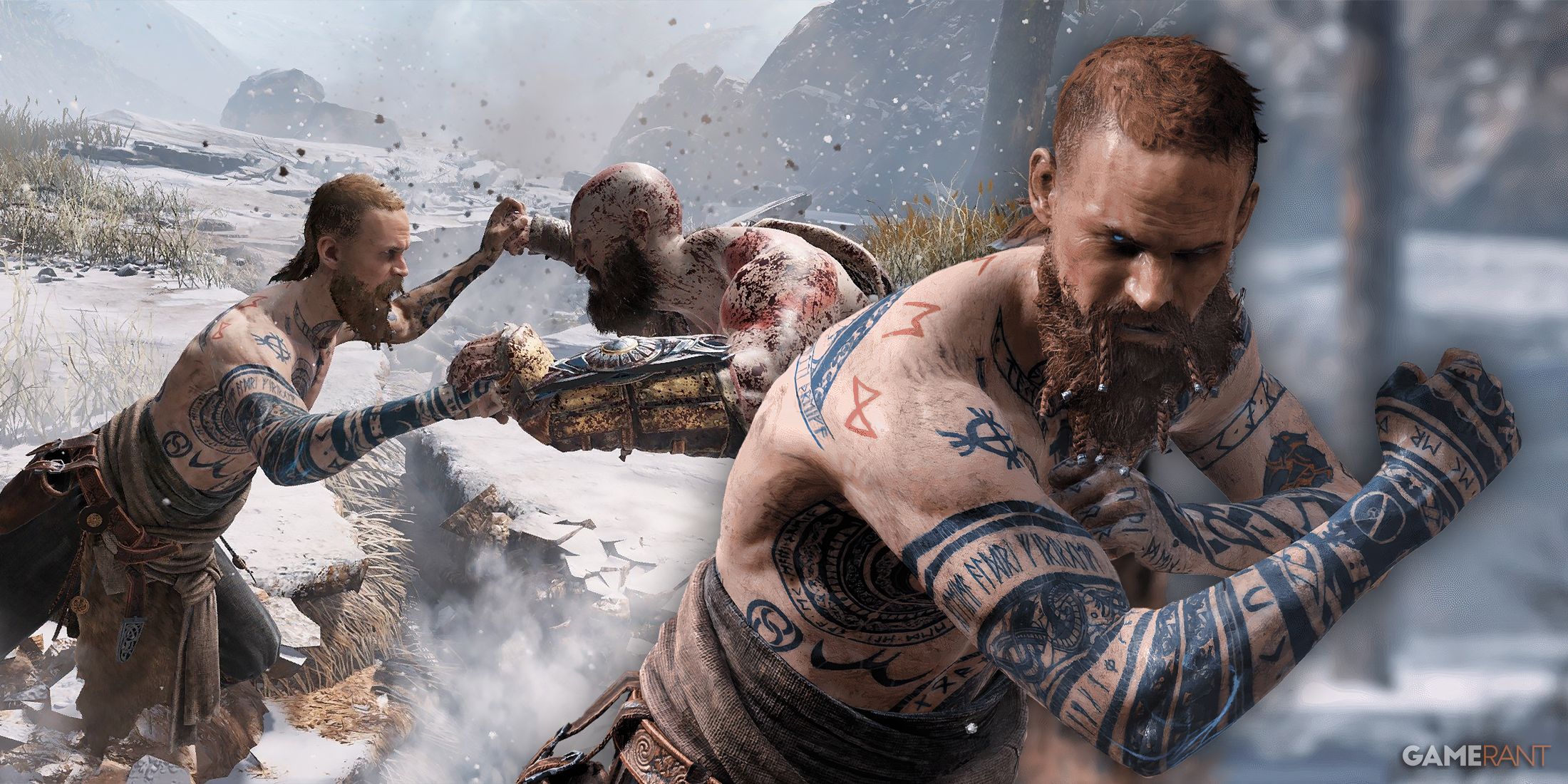
Related
The Next God of War Game Could Benefit from Another ‘Baldur’ Villain
God of War’s Baldur is one of the series’ most complex antagonists, and future games would be remiss not to utilize a similar villain at some point.
God of War’s Potential for Horizon-Style Spin-Off Projects
How God of War’s World Could Expand Beyond the Mainline Games
For better or worse, the value of modern, big-budget IP is often measured by iconography, which in many cases boils down to recognizable characters. One needs only to look at the wild success of crossover media like the MCU to see how legacy characters can be a franchise’s greatest currency. Contemporary media is defined by recognition, so having a strong, memorable cast of characters, which can be ingrained in the zeitgeist, is naturally compelling for IP-holders, and a major motivator behind spin-offs of all kinds.
God of War certainly has an iconic cast of characters. New arrivals like Freya, Thor, and Tyr could conceivably lead their own standalone games, which could be prequels or some other flavor of side story (e.g. Thor fighting his way through Valhalla). LEGO Horizon Adventure s, though not the whirlwind of success Gobo Studios was likely hoping for, is nothing if that novel within the greater franchise, assuming an entirely new genre. Perhaps something similar could be accomplished within the God of War universe, with characters like Brok and Sindri leading their own crafting or management title.
It’s also easy to see
how a VR
God of War
game
, like
Horizon: Call of the Mountain
, would get a lot of positive attention.
Just Because God of War Can Spawn Infinite Spin-Offs, Doesn’t Mean It Should
Spin-offs and multimedia projects require a difficult balancing act, and not every IP or developer can pull it off. One of the problems with the LEGO Horizon Adventures spin-off is how it arguably undermines and devalues the narrative of the mainline games, commodifying its characters, conflicts, and landmarks, ultimately trivializing them. In other words, it makes Horizon more of a product than a piece of art.
If God of War were to get a similar spin-off, one where the tone is much more lighthearted and child-friendly, there would be a risk of diluting the series’ more mature and impactful narrative. Tricky issues of continuity aside, a cozy building game with Brok and Sindri, or a LEGO adaptation with the whole series’ cast, for instance, would be jarringly out-of-touch with the rest of the franchise’s tone and character. If God of War ever does receive unique spin-offs, this broader issue of integrity should be kept in mind, so as to not turn the game from a moving work of art into little more than a “media brand.”
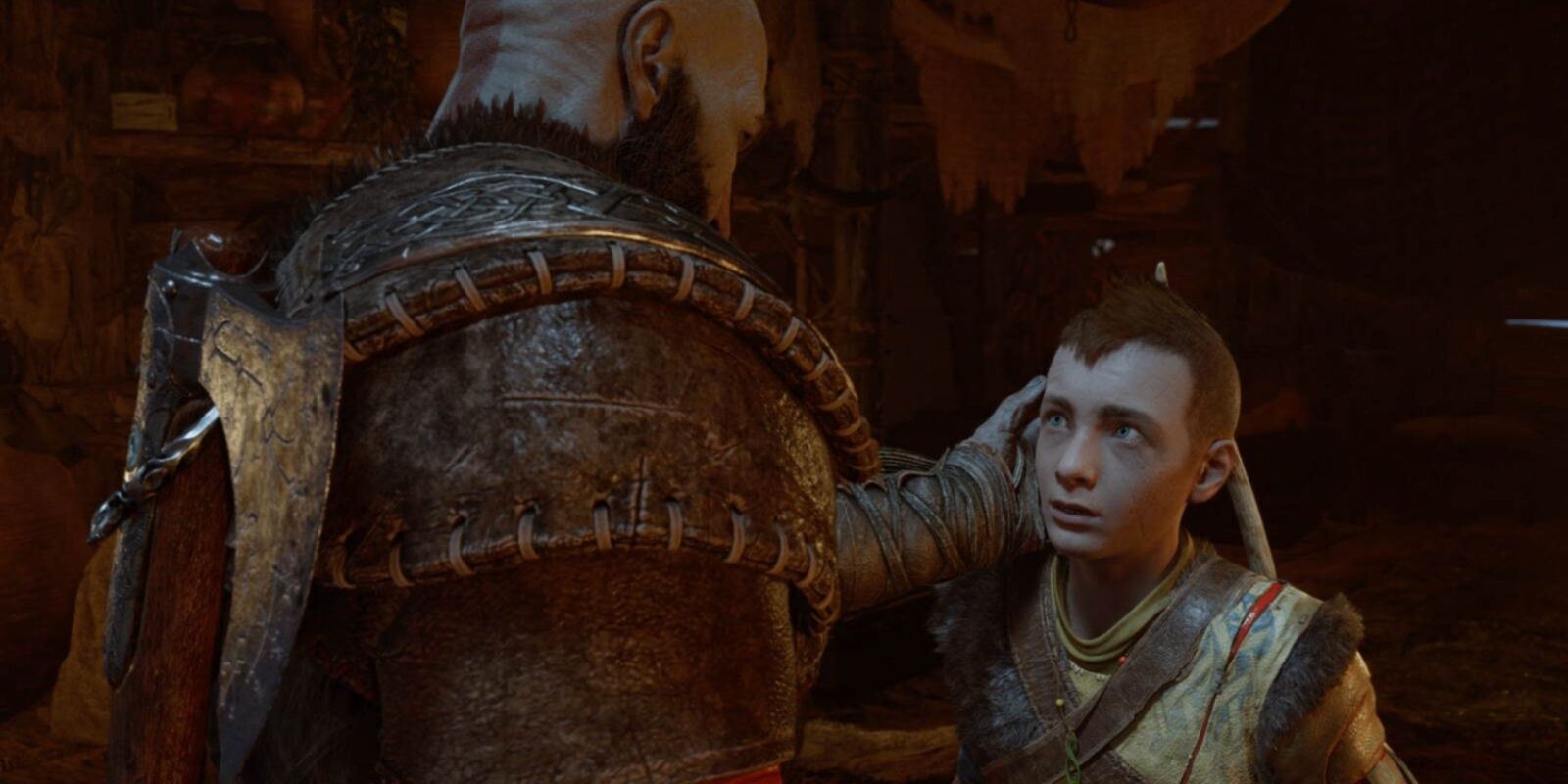

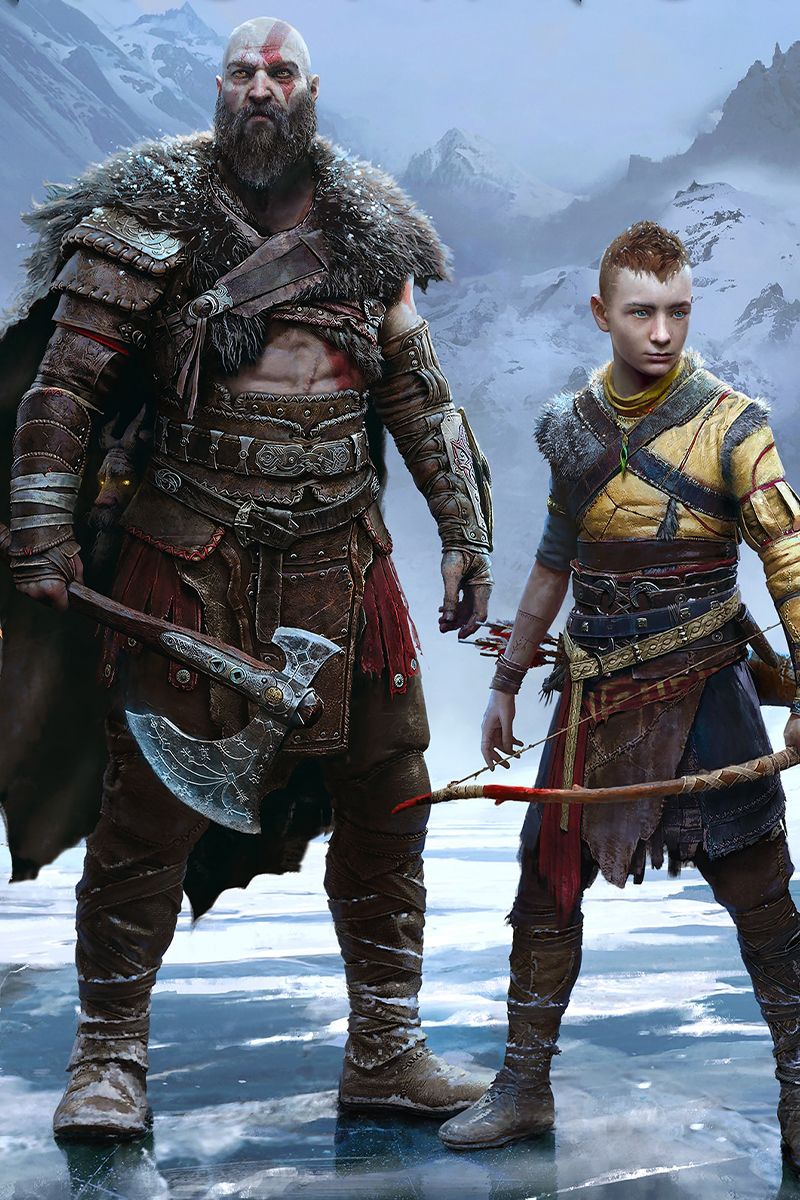


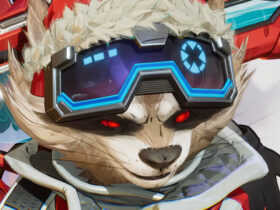


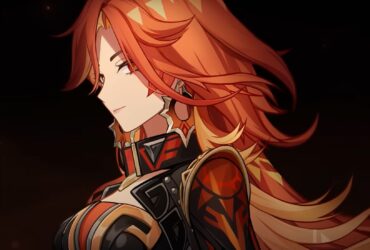
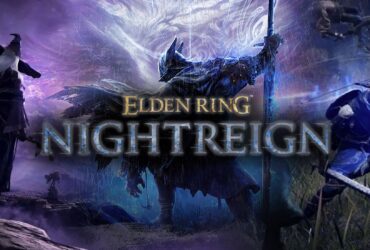

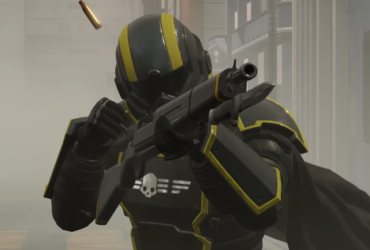
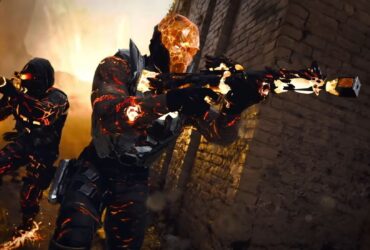

Leave a Reply